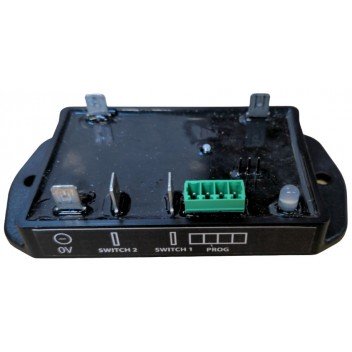Pathfinder75
New Member
I'm at the design phase for a new camper van system. Van is a Mk8 Ford Transit Euro 5. I want to build a system that is semi full time, as in I would like to be able to live in it for a few weeks at a time while working, but will fall back to my house when I'm not. I have a quite limited budget for the whole thing. Initially looking at this kit. But I want the ability to upgrade it in the future, so add a second battery and probably a second DC-DC Charger.
2x 410W panels
2x 30A Epever DuoRacer MPPT
1x 300Ah DIY LiFePO4 battery (probably using Fogstar B Grade Cells)
1x Sterling 1260 DC-DC Charger
When more money available:
1x Epever 1500W Inverter
1x Victron 30A AC battery charger (3 output version)
A second 300Ah DIY LiFePo4 battery
Possibly another DC-DC Charger.
The system will need to run, lights, usb sockets, a small computer (DC input and not all the time), TV, various chargers, 12V diesel heater, water pumps and when spare power a 12V 300W immersion heater.
I don't have money for expensive Victron kit and initial budget will be around £1000-1200 for the panels, MPPT's, Battery and DC-DC Charger. I have a lot of wires and other parts left over from previous builds.
Will that work?
2x 410W panels
2x 30A Epever DuoRacer MPPT
1x 300Ah DIY LiFePO4 battery (probably using Fogstar B Grade Cells)
1x Sterling 1260 DC-DC Charger
When more money available:
1x Epever 1500W Inverter
1x Victron 30A AC battery charger (3 output version)
A second 300Ah DIY LiFePo4 battery
Possibly another DC-DC Charger.
The system will need to run, lights, usb sockets, a small computer (DC input and not all the time), TV, various chargers, 12V diesel heater, water pumps and when spare power a 12V 300W immersion heater.
I don't have money for expensive Victron kit and initial budget will be around £1000-1200 for the panels, MPPT's, Battery and DC-DC Charger. I have a lot of wires and other parts left over from previous builds.
Will that work?



